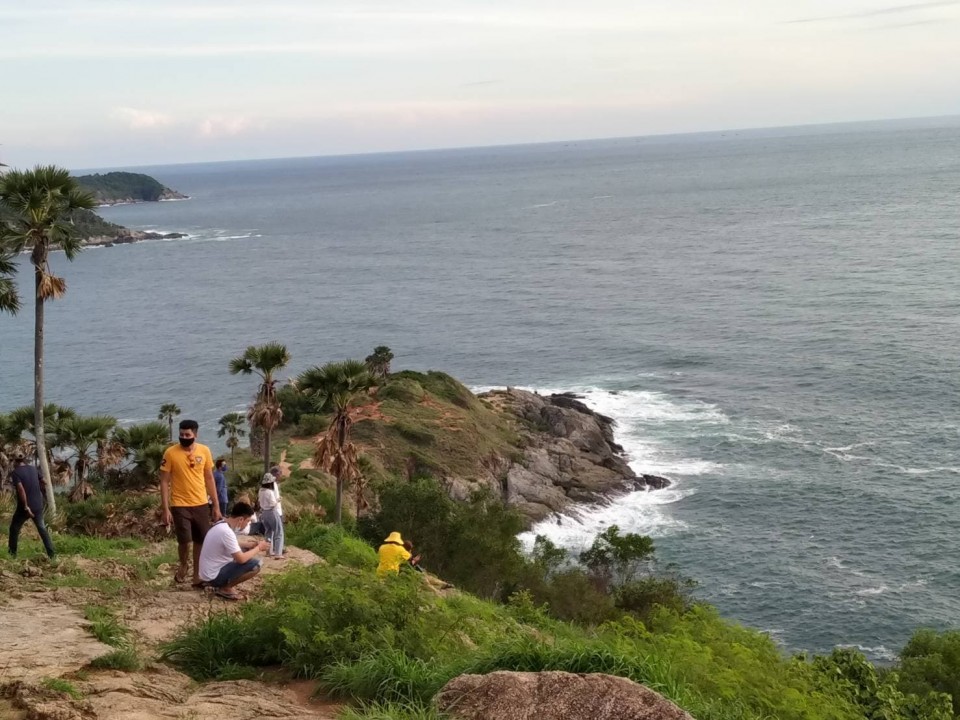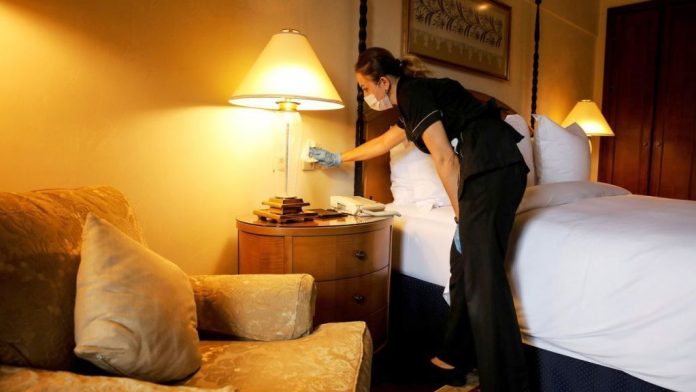National –
Marisa Sukosol Nunbhakdi, President of the Thai Hotels Association, revealed yesterday, September 13, that the national hotel business had laid off a total of one million employees so far amid the Covid-19 pandemic.
The temporary and permanent unemployment measures were acted on accordingly to cut the cost of business oversupply as the earnings from the international tourism business had dropped sharply in March and had eventually stopped in April.
The cash flow of Thai hoteliers would also only be able to run their businesses for 3 to 6 months in total due to the absence of foreign tourists. The hotel business had to rely for financial income primarily on domestic tourism at the moment, according to the President. As of this month, Thailand is reaching the six month limit.

Marisa told the Associated Press: “If the Covid-19 pandemic still continues to persist long-term globally, Thailand would be unable to accept mainstream tourists until at least the middle of 2021 and that would crucially decrease financial liquidity, including the increase of unemployment which could eventually lead to business bankruptcy and closings. Without any action being taken, the entire hotel industry could face collapse.”
“Currently, only ten percent of hotels are operating fully nationwide while fifty percent of them remain closed, especially in popular tourist destinations such as Phuket and Pattaya. The remaining percentage are either half operating or have altered their business model temporarily. The Hotel Association, therefore, would like to propose additional measures, such as financial support measures, to the relevant official Thai Government departments in order to maintain employment and provide financial security for those in the hotel industry.” the President added.
The Thai Hotels Association is planning to discuss with the Bank of Thailand (BOT) about more financial funding access and low-interest loans or soft loans in order to provide assistance to small-and-medium-sized hotels. The association is also planning to propose a fund for developing and rehabilitating tourism businesses affected by the virus pandemic to the Ministry of Finance.

The proposed Thailand re-opening scheme to accept foreigners with appropriate health control measures is also highly encouraged by the Hotel Association, namely applicable within a group of retirees who can stay in Thailand for 1-2 years, foreign businessmen, investors with business activities who had to visit the country for short term business less than 14 days and long-stay tourists from countries/cities with zero active cases or who were the least affected from coronavirus such as Taiwan, Vietnam, Laos, Cambodia and some cities on the mainland of China.
The President further stated: “Some proposed government measures of re-opening Thailand, for example, the Phuket model, may be initially started off with a limited area in some provinces. However, local residents in the area must cooperate with the project and must be well-informed about the initial tourism plan by the governmental departments.”
“While the re-opening agenda is being reviewed and considered, the government could stimulate domestic tourism by, for example, extending the ‘We Travel Together’ project, providing 40 percent to 50 percent discounts on weekends and 60 on percent weekdays, or offering a hotel voucher for a special price package to encourage Thai people to travel and boost the economy across the country.” Marisa concluded.




